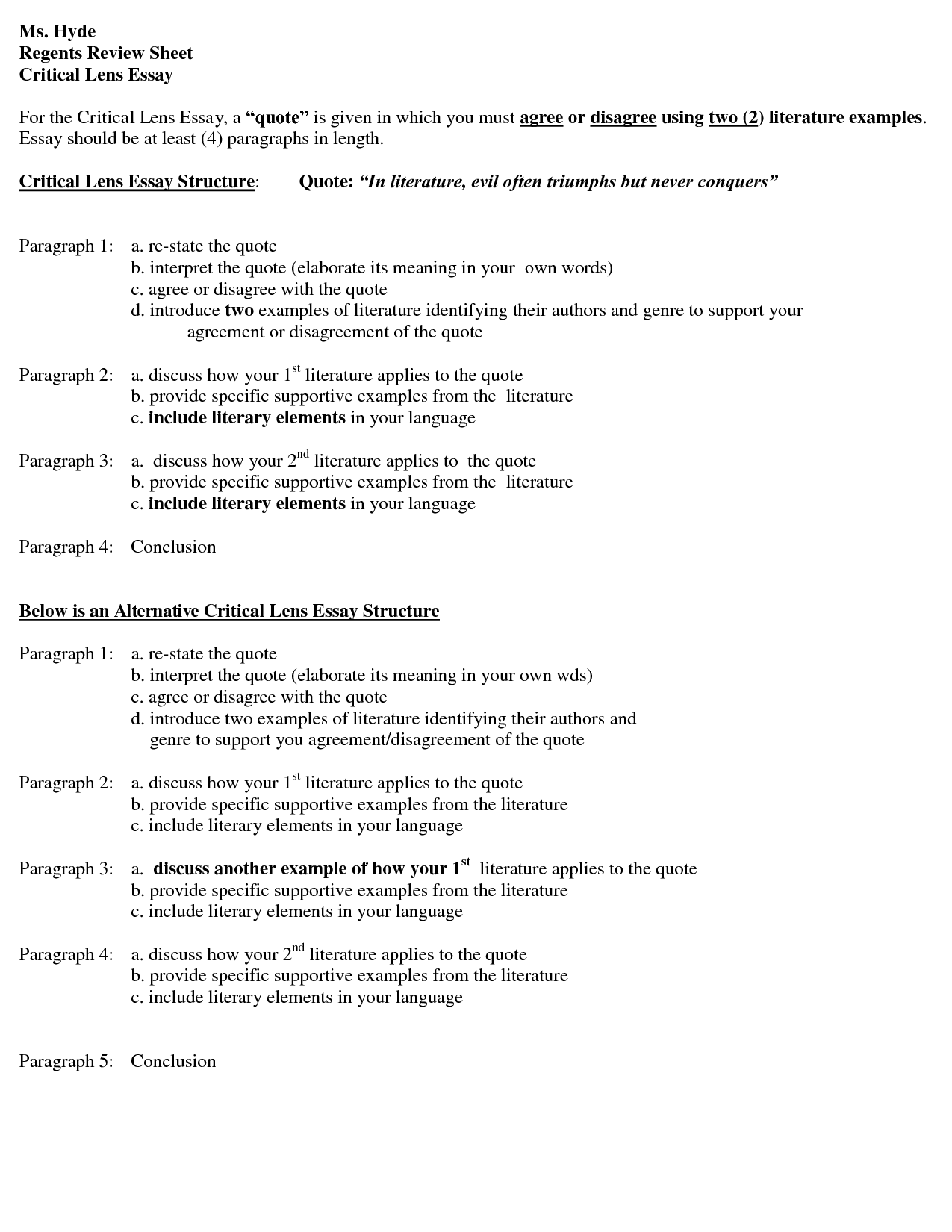

These are SIGNPOSTS that help the reader follow the thread of your argument.
Use transitional words or phrases to connect parts of your argument (e.g., therefore, furthermore, nevertheless, consequently, however, similarly, by contrast, rather, instead, as a result, on the other hand, for example, etc.). The convention in writing about literature is to discuss actions from a work in present tense, as if they were happening right now: "Joyce creates a melancholic mood with images of night and isolation." Or, "When Marlow first sees Kurtz, heâ?¦.". Instead, write, "the reference to her brother's saintliness is ironic" or "the seemingly random association of images suggests freedom."  While you are encouraged to use your natural voice, avoid highly colloquial usage, such as "The ending blew my mind" or "Her awesome sense of humorâ?¦" Avoid passive construction, such as "irony can be seen inâ?¦" or "a definite freedom was evidenced inâ?¦," which makes writing feel stiff and pompous. font, double-space, number pages, and proofread carefully correctness counts.
While you are encouraged to use your natural voice, avoid highly colloquial usage, such as "The ending blew my mind" or "Her awesome sense of humorâ?¦" Avoid passive construction, such as "irony can be seen inâ?¦" or "a definite freedom was evidenced inâ?¦," which makes writing feel stiff and pompous. font, double-space, number pages, and proofread carefully correctness counts.








